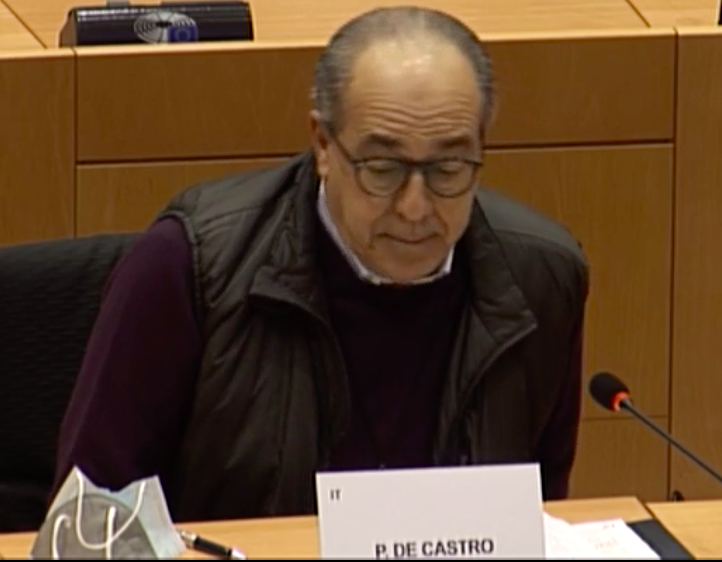Brussels – Another building block in the fight against greenwashing, the cosmetic environmentalism that increasingly permeates corporate communication and marketing strategies. No more labels such as “environmentally friendly,” “eco-friendly,” “biodegradable”, or “climate neutral” without scientific backing: the European Parliament adopted today (March 12) its position on the proposed EU directive to regulate environmental claims.
With 467 votes for, 65 against, and 74 abstentions, the Strasbourg chamber approved its negotiating mandate as it waits for member states to find a solution to the directive presented by the European Commission a year ago in March 2023. A legal framework that would essentially establish a verification and pre-approval system for environmental claims by companies, to counter the abuse of misleading ads. The practice is becoming more widespread partly because of an increasingly sensitive public opinion on environmental issues: According to the European Commission, more than 50 per cent of environmental claims are said to be “false, exaggerated or misleading.”
In line with what has already been envisaged in von der Leyen’s executive proposal, MEPs call for obliging companies to submit evidence to support the environmental marketing claims with which they accompany and advertise products. It would be up to the member states to identify the authorities responsible for scrutinizing the use of such claims. The EU Parliament proposed that environmental claims and related evidence should be evaluated within no more than 30 days.
Microenterprises (with fewer than ten employees and an annual turnover not exceeding €2 million) would be unaffected by the new burdens, and small and medium-sized enterprises would benefit from an extra year to comply compared to larger firms. The text approved today in Strasbourg includes sanctions for businesses guilty of breaking the rules, such as temporary exclusion from public tenders, loss of their revenues, and fines equal to at least 4 per cent of annual turnover.

“We are protecting consumers, protecting honest businesses and the environment and encouraging other companies to do the same,” said Cyrus Engerer, rapporteur of the proposal for the parliament environment committee, at a press conference on the sidelines of the vote. The Maltese socialist wanted to emphasize another key point of the directive: statements on carbon removal and offsetting actions. “I was shocked to discover that 93 per cent of the offsetting statements are false,” he said, citing an inquiry published by The Guardian.
The parliament proposes banning them, except for companies that have “already reduced their emissions as much as possible and use such systems only for residual emissions.” Carbon credits will have to be certified, like those established under the certification framework for carbon removal. “We need to move away from the mentality of applauding a company because it has achieved a carbon removal goal by investing in a project on the other side of the world,” Engerer stressed again.
The proposal’s co-rapporteur in the Internal Market Committee, Andrus Ansip, called the text “a good and reasonable solution” that “will bring greater clarity to consumers and will not create disproportionate administrative burdens for businesses.” With today’s vote, the parliament thus secured its position on a dossier that will pass to the parliament that will take office after the June elections. It will be up to the new MEPs, once the Council has also adopted its position, to negotiate with member states and shape the final version of the directive.
English version by the Translation Service of Withub






![Una donna controlla le informazioni sul cibo specificate sulla confezione [foto: archivio]](https://www.eunews.it/wp-content/uploads/2014/12/Etichette-alimentari.jpg)

